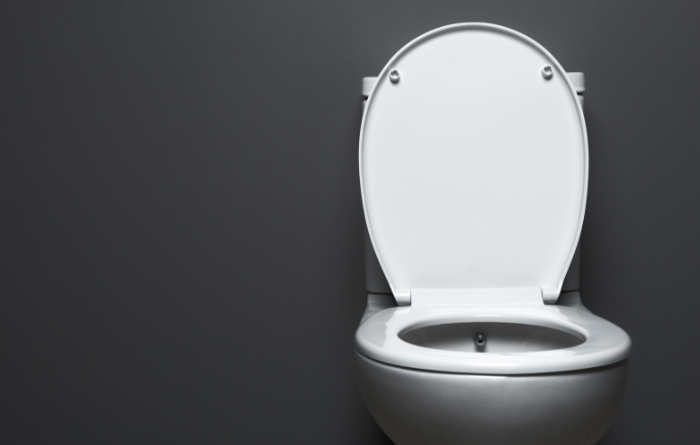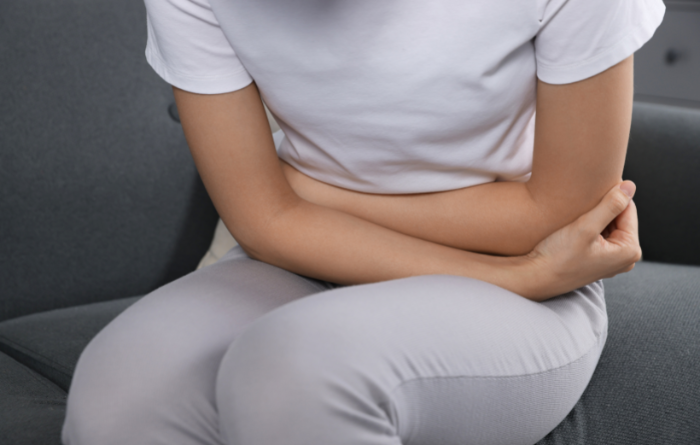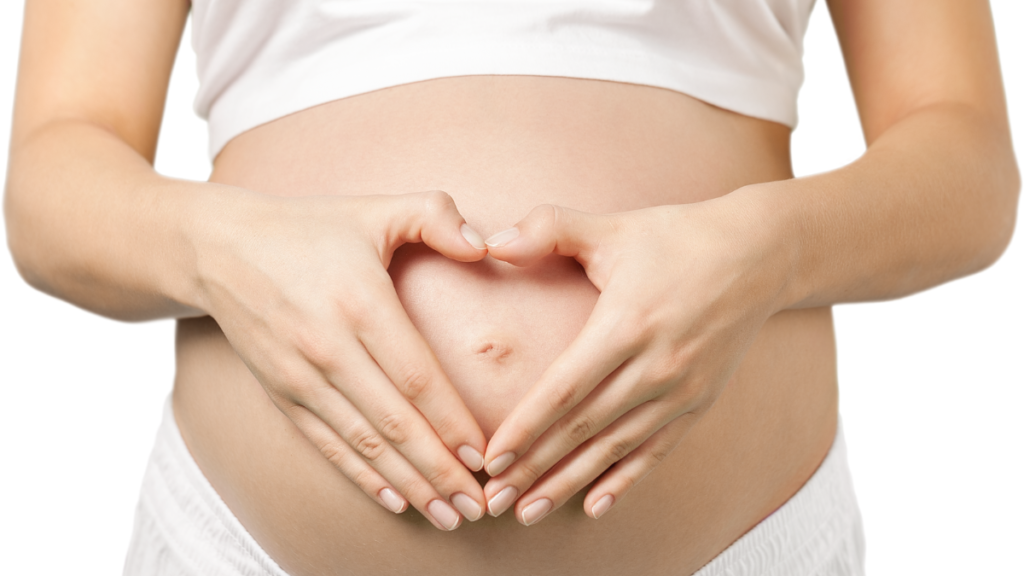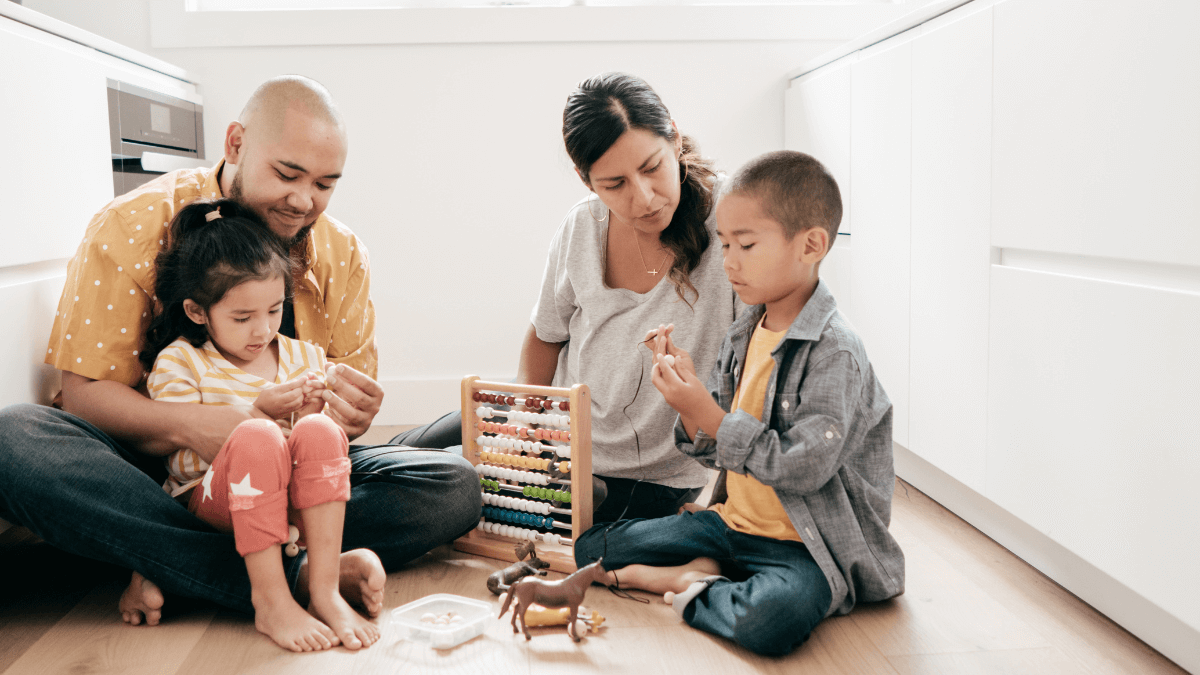Lower belly pain during pregnancy is a common symptom experienced by many women. It can range from mild cramps to sharp and stabbing pains. Lower belly pain during pregnancy can be caused by a variety of factors, such as gas and bloating due to hormonal changes, constipation, or even the baby’s position in the womb. Some more serious causes of lower belly pain during pregnancy include ectopic pregnancy, miscarriage, pre-term labor, or an infection in the uterus. It is important to speak with your healthcare provider if you experience any lower belly pain during your pregnancy as it may indicate a more serious medical condition that requires immediate attention.

Common Causes of Abdominal Pain During Pregnancy
Abdominal pain during pregnancy is a common complaint that many expecting mothers experience. This type of pain can range from mild to severe and may be caused by a variety of factors. Some of the more common causes of abdominal pain during pregnancy include stretching of the uterus, gas and bloating, constipation, Braxton-Hicks contractions (or false labor), round ligament pain, and urinary tract infections. Additionally, certain medical conditions such as ectopic pregnancies or placental abruption can also contribute to abdominal discomfort. It is important for any pregnant woman experiencing abdominal pain to consult their doctor for proper diagnosis and treatment. In some cases, abdominal pain may be the sign of a serious condition that requires immediate medical attention.
What are some common causes of low belly pain when pregnant?
Some common causes of low belly pain in pregnancy include:
Stretching of the uterus

Stretching of the uterus is a common cause of low belly pain during pregnancy. This happens as the uterus expands to accommodate the growing baby, moving organs and putting pressure on surrounding muscles and ligaments. The sensation is usually mild to moderate, with a feeling of tightness or cramping in the lower abdomen that may radiate outward. Women may also experience sharp pains on one side, which are caused by the stretching of the round ligaments as they support the weight of an expanding uterus. In some cases, this discomfort can be worse at night or when standing up after sitting for a long period of time. It is important to inform your doctor if you experience any persistent or severe abdominal pain during pregnancy, as it could indicate a more serious complication.
Gas and Bloating

Gas and bloating during pregnancy can cause lower belly pain due to the increased hormones in your body. As your body produces extra progesterone, it relaxes the muscles of your digestive system, which can lead to an increase in gas production. Your expanding uterus can also displace other organs and therefore limit the space for proper digestion. Bloating is a common side effect of this process as well, as the gas and fluid build up in your abdomen. It’s important to try to reduce bloating by avoiding foods that are hard to digest or may be triggering symptoms such as sugar alcohols, dairy products, fried foods, processed meats, carbonated beverages, artificial sweeteners and cruciferous vegetables. Eating smaller meals more frequently throughout the day may also help you feel better and reduce gas pressure on your lower stomach area. Additionally, drinking plenty of water helps move food along through your digestive tract and prevent constipation.
Constipation

Constipation is a common cause of lower belly pain during pregnancy. It can be caused by a variety of factors, including the increased hormone levels associated with pregnancy, changes in diet, and decreased physical activity. Constipation can be treated by drinking plenty of water, eating high-fiber foods, exercising regularly, and avoiding straining during bowel movements. In some cases, laxatives may be necessary if the constipation is severe.
Braxton hicks contractions or (false labor pains)
Braxton Hicks contractions are normal and usually harmless. They’re sometimes referred to as false labor pains, as they can cause pain in the lower abdomen during pregnancy. These contractions are usually irregular and don’t get stronger over time. They may come and go depending on the activity you’re doing, or how much rest you’ve had recently.
Round ligament pain
The most common cause of lower belly pain during pregnancy is Round Ligament Pain. This is a sharp, stabbing pain that typically affects the lower abdomen and groin area, caused by stretching of the round ligaments that support the uterus as it enlarges during pregnancy. The pain usually lasts for a few seconds to a few minutes at a time and can be made worse with sudden changes in position or activity.
Urinary tract infection

A urinary tract infection (UTI) is a common cause of lower belly pain during pregnancy. UTIs are caused by bacteria that enter the urethra and travel up to the bladder. They can cause burning sensations while urinating, frequent urges to urinate, and pain in the lower abdominal area. Women who are pregnant may be more prone to UTIs due to changes in the urinary tract, weakened immunity, and hormones. Treatment for a UTI usually involves antibiotics prescribed by a doctor. Drinking plenty of water and avoiding caffeine can also help reduce symptoms.
When Abdominal Pain During Pregnancy is Serious
Abdominal pain during pregnancy can be a cause for concern and should not be taken lightly. In most cases, abdominal pain is caused by the many physiological changes that occur during pregnancy, such as the growing uterus and expanding ligaments. However, in some cases, abdominal pain can be an indication of something more serious. Women should be aware of the signs and symptoms of complications such as ectopic pregnancy, placental abruption, preterm labor and miscarriage. Women who experience severe or persistent abdominal pain should seek medical attention immediately to ensure their safety and the safety of their baby. Women should also inform their doctor if they have any other symptoms such as fever, bleeding or contractions. Early detection and treatment of any potential complications can help to ensure a healthy pregnancy outcome for both mother and baby.
When should you see your doctor about low belly pain when pregnant?
You should see your doctor about low belly pain when pregnant any time you experience abdominal pain that is severe, persistent, or associated with other symptoms, such as nausea, vomiting, fever, lightheadedness or dizziness. It is important to be evaluated by a healthcare professional to ensure that the pain is not a sign of something more serious. Your doctor may perform an ultrasound to check if the baby is ok and may also order blood tests to rule out any infection or other complications.persistent, or accompanied by other symptoms such as vaginal bleeding, fever, dizziness, rapid heart rate, contractions, or back pain. It is important to get prompt medical attention if you are having any type of abdominal pain during pregnancy.
Conclusion
In conclusion, lower belly pain during pregnancy is a common symptom that can range from mild to severe and can be caused by a number of factors. It is important for pregnant women to consult with their health care provider if they experience any type of abdominal discomfort to rule out any potential medical issues. Taking measures such as getting plenty of rest, eating healthy, and avoiding activities that may increase the risk of falling or straining the body can help reduce the severity of lower belly pain.






















